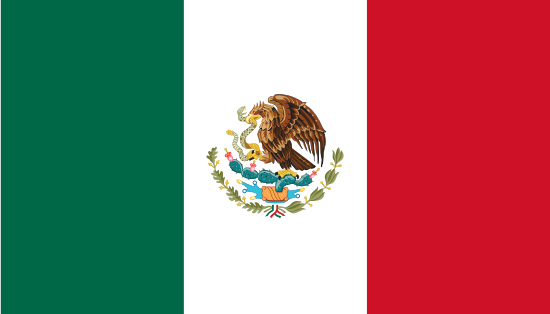
Health Insurance in Mexico, America
Information expatriation
Capital City: Mexico City
Total area: 1,958,200 km2
Population: 106,682,500 (2008)
Money: Currency Converter
Time Zone: List of time zones by country
Calling Code: +52 XXX
Practical Information:
Health Product: Travel Insurance and Health insurance
Health Insurance information and Sanitary Risk: World Health Map
BLOG: Expat Health insurance Information
Here is a brief description of the healthcare system in the country:
· Mexico has a universal healthcare system called Seguro Popular, which is publicly funded but delivery of care is both public and private.
· It aims to provide universal medical coverage to the entire population through various programs. However, only about 60% of Mexicans are covered.
· Funding comes from general taxation, payroll contributions, and direct government subsidies. Mexicans also pay out-of-pocket costs for care.
· The Ministry of Health runs public clinics and hospitals. Private hospitals, doctors and insurance plans play a major role in urban areas.
· Healthcare quality and access vary greatly between urban and rural areas. There is an uneven distribution of medical facilities and professionals across states.
· Non-communicable diseases are the leading causes of mortality and burdens on the system. Obesity and diabetes are growing problems.
· Infant and maternal mortality rates have declined but remain higher than other Latin American nations due to limited rural care access.
· Pharmaceuticals and medical equipment and supplies are imported. Local production focuses on generics.
· Despite challenges, the system has expanded coverage through subsidy programs. But high out-of-pocket costs still deter many from seeking care.
Here are some key health considerations for expatriates living in the country:
· Purchase international private health insurance that covers medical expenses and emergency evacuations.
· Register with a local doctor/clinic for minor illnesses. Major hospitals are available primarily in big cities.
· Keep vaccinations like hepatitis A/B, typhoid and rabies up to date. Risks include dengue, Zika in some areas.
· Waterborne illnesses are common. Drink only bottled, boiled or filtered water. Be cautious of raw produce.
· Heat, sun exposure and pollution increase health risks. Wear sunscreen, stay hydrated.
· Consider altitude sickness precautions when visiting high elevation areas.
· Rural areas have limited medical facilities. Evacuation times can be long.
· Prescription drug names/doses may differ. Bring adequate supplies or understand differences.
· Healthcare quality varies greatly between private and public sectors/regions. Research options near your location.
